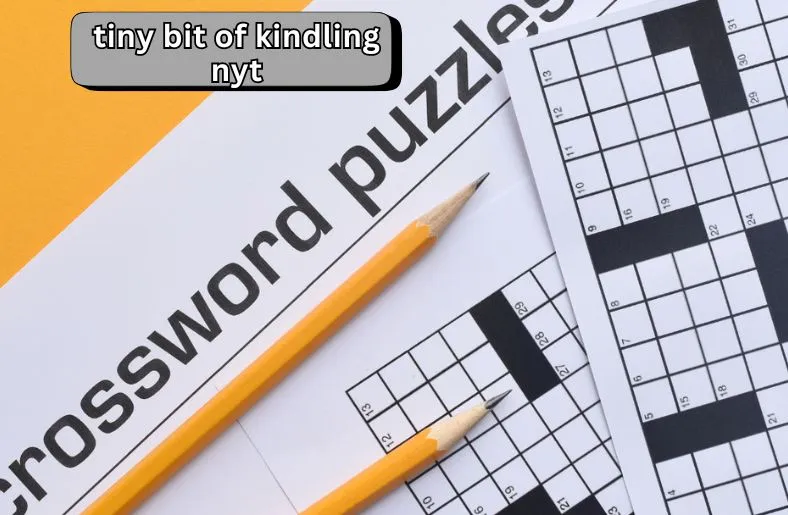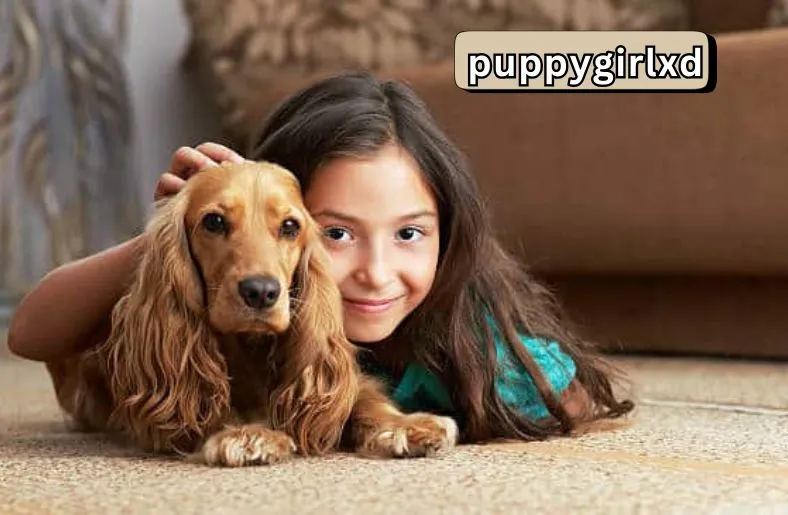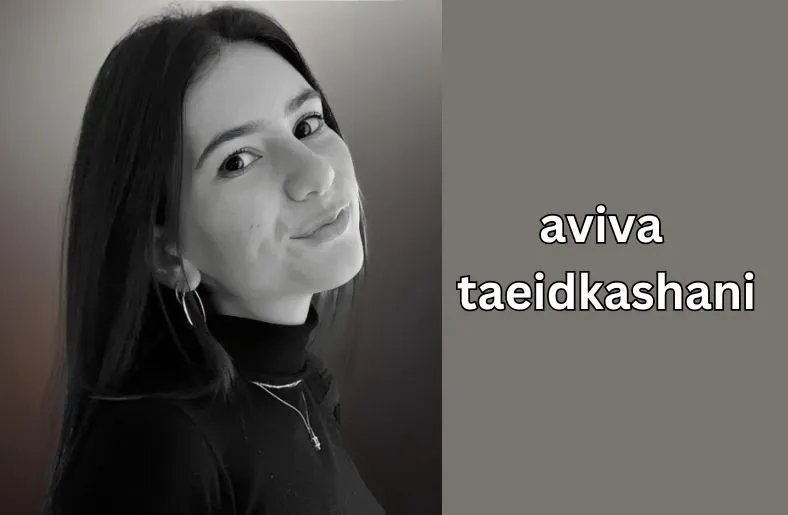Introduction
Crossword puzzles are a fun way to challenge your mind. Many people enjoy solving the New York Times (NYT) Mini Crossword daily. One popular clue you might encounter is “tiny bit of kindling nyt.” This clue often leads to the answer “twig,” which is a small piece of wood used to start a fire. Understanding clues like this can make solving crosswords easier and more enjoyable.
In this guide, we will explore the meaning behind “tiny bit of kindling NYT.” We will also discuss how clues like these fit into the exciting world of crossword puzzles. By learning about different clues, you can improve your skills and boost your vocabulary. Whether you are a beginner or an expert, this guide will help you tackle crosswords with confidence. So, let’s dive in and discover more about this intriguing clue!
Understanding the NYT Mini Crossword
The New York Times Mini Crossword is a popular daily puzzle. It features a smaller grid, typically 5×5, making it easier to complete. Many people enjoy solving this puzzle during their morning coffee or commute. Each puzzle has a mix of clues that test your knowledge and creativity. This unique format makes it fun for both beginners and experienced solvers.
The clues in the Mini Crossword often rely on wordplay. They can be straightforward or require some clever thinking. For example, the clue “tiny bit of kindling nyt” leads to the answer “twig.” This clue plays on the idea of a small piece of wood used to start a fire. Understanding these clever connections enhances your puzzle-solving experience. As you practice, you will become better at spotting these patterns.
Additionally, the NYT Mini Crossword is designed to challenge and entertain. Each puzzle is crafted to be completed in a short time. This makes it a great option for busy people. Solving the Mini Crossword regularly helps sharpen your mind. It also boosts your vocabulary, making it easier to tackle larger crosswords later on. So, whether you are a casual solver or a crossword enthusiast, the tiny bit of kindling NYT Mini Crossword offers a delightful challenge that keeps your brain engaged.
Decoding the Clue: Tiny Bit of Kindling
When you encounter the clue “tiny bit of kindling,” it might seem tricky at first. However, breaking it down can help. The phrase “tiny bit” suggests something small, while “kindling” refers to the material used to start a fire. Combining these two hints leads us to the answer: “twig.” A twig is indeed a small piece of wood that works well for kindling.
- To solve this clue effectively, think about the meanings of each word. “Tiny” indicates size, while “kindling” is something that burns easily. Therefore, a twig fits perfectly. This method of analyzing clues is key to improving your crossword skills. The more you practice, the better you will become at recognizing patterns.
- Additionally, wordplay is essential in crossword puzzles. Clues often have double meanings or puns. For instance, in this clue, the literal meaning is clear, but it also hints at creativity. You need to think outside the box to uncover these clever connections. With time, you’ll learn to spot these tricks quickly.
- Finally, solving clues like this one is not just fun; it’s a great brain exercise. Each time you solve a clue, you expand your vocabulary and enhance your problem-solving skills. So, the next time you see “tiny bit of kindling nyt,” you’ll confidently remember that the answer is “twig.” Enjoy the journey of decoding more clues as you continue to solve puzzles!
Importance of Crossword Clues
Crossword clues play a crucial role in the puzzle-solving experience.
- First, they challenge your brain and help you think critically. Each clue requires you to consider different meanings and connections. This mental workout improves your problem-solving skills over time. Additionally, solving these clues enhances your vocabulary. You encounter new words and phrases you might not know. Each time you learn a new word, it adds to your language skills.
- Moreover, crossword clues can keep your mind sharp. Engaging with puzzles helps to stimulate brain activity. Regularly solving puzzles can improve memory and cognitive abilities. It’s a fun way to exercise your brain, much like physical workouts help your body. Each time you solve a clue, you keep your mind alert and ready for new challenges.
- Crossword clues also foster creativity. They often use clever wordplay or puns. By decoding these clues, you learn to think outside the box. This skill is useful beyond crossword puzzles; it helps in everyday situations too. You become better at recognizing patterns and making connections in life.
- Finally, working on crossword clues can be a social activity. You can share clues with friends or family. Discussing solutions can create fun conversations and build connections. Overall, crossword clues are not just fun challenges; they are valuable tools for learning and mental exercise. Embrace them as part of your daily routine!
Strategies for Solving NYT Mini Crossword Puzzles
Solving the NYT Mini Crossword puzzles can be fun and challenging. To get better at it, you need some good strategies.
- First, always start with the easiest clues. These are often straightforward and help you gain momentum. By filling in a few answers, you create a foundation for the puzzle. As you solve the easier clues, other answers will become clearer.
- Next, pay attention to the length of the words. Each answer has a specific number of letters. This helps narrow down your options. For example, if a clue calls for a 4-letter word, think of words that fit that length. This strategy can guide your thinking and make guessing easier.
- Additionally, consider common crossword words. Certain words appear often in crosswords, such as “era,” “keen,” and “tone.” By familiarizing yourself with these frequent answers, you can solve puzzles more quickly. Keep a list of these common words to refer to when needed.
- Moreover, think about wordplay. Many clues use puns or double meanings. For example, the phrase “tiny bit of kindling nyt” refers to “twig.” Being aware of this can help you decipher tricky clues. Don’t be afraid to think outside the box.
- Lastly, practice regularly. The more you engage with crossword puzzles, the better you’ll get. Make it a daily habit to solve at least one puzzle. You can start with the mini crossword and gradually work your way up. This consistent practice will enhance your skills and confidence over time.
With these strategies, you can tackle the NYT Mini Crossword puzzles more effectively and enjoyably!
Common Themes and Patterns in Crossword Puzzles
Crossword puzzles often have themes that make them more fun. Themes can be based on holidays, popular movies, or famous people. For example, a holiday puzzle might feature clues related to Christmas or Halloween. Recognizing these themes can help you guess answers more easily.
- Patterns are another important part of crossword puzzles. Many clues have specific structures. Some might be straightforward definitions, while others play with words. For instance, a clue might ask for a word that means “small piece of kindling.” Understanding these patterns helps you think like the puzzle creator.
- Another common pattern is the use of synonyms. Crossword clues often use words that mean the same thing. For example, “happy” might be clued as “joyful.” By knowing synonyms, you can expand your options and find answers faster.
- Additionally, word lengths play a key role. Every answer has a specific number of letters. This helps you figure out possible words. If a clue asks for a 5-letter word, you can brainstorm words of that length, which narrows your options.
- Lastly, some puzzles feature repeated letters or sounds. Recognizing these can guide your thinking. For example, if two answers share the same letter, it might help you solve both. By paying attention to themes and patterns, you will become a better crossword solver. You’ll find puzzles less daunting and more enjoyable!
Tips for Improving Your Crossword Skills
Improving your crossword skills can be fun and rewarding.
- First, practice regularly to get better. The more puzzles you solve, the more familiar you become with common words and phrases. Try to set aside time each day to work on puzzles. This habit will help strengthen your skills over time.
- Second, read widely to expand your vocabulary. The more words you know, the easier it is to solve clues. Books, articles, and even songs can introduce you to new terms. Consider keeping a notebook of interesting words you find. Review this list often to help you remember them.
- Third, focus on clues that use wordplay. Many crossword clues use puns or double meanings. For example, “tiny bit of kindling nyt” cleverly refers to “twig.” Recognizing this wordplay can help you think outside the box. It encourages you to look at clues in different ways.
- Another useful tip is to work with a partner. Solving puzzles with someone else can make the experience more enjoyable. You can share ideas and help each other with difficult clues. Plus, discussing answers can lead to new insights.
- Additionally, consider using online resources. Many websites offer crossword-solving tools. These can help you find answers when you are stuck. You can also find practice puzzles online to sharpen your skills.
- Lastly, don’t get discouraged by challenging puzzles. Every solver faces tough clues. Keep a positive attitude, and remember that each puzzle is an opportunity to learn. By following these tips, you’ll improve your crossword skills and enjoy the process even more!
Conclusion
In conclusion, solving the NYT Mini Crossword puzzles can be both enjoyable and beneficial. By understanding clues like “tiny bit of kindling nyt,” recognizing common themes and patterns, and applying effective strategies, you can enhance your puzzle-solving skills. Regular practice, reading widely, and engaging in wordplay will expand your vocabulary and improve your critical thinking. Remember, every puzzle is an opportunity to learn and grow. So, embrace the challenge, have fun with friends or family, and keep your mind sharp. With time and practice, you’ll become a more confident and skilled crossword solver!




